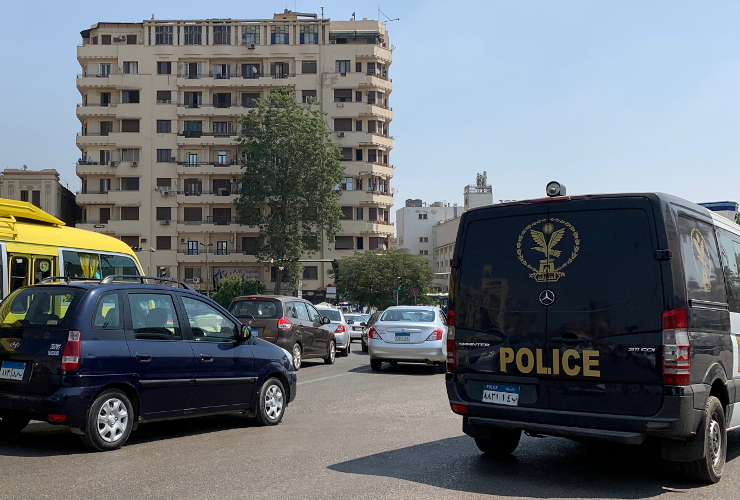The International Press Institute (IPI), a global network of editors, media executives and leading journalists for press freedom, today demanded that Egypt reveal the whereabouts of photojournalist Mohamed al-Raai, who disappeared after interrogation by the National Security Agency.
According to media reports, Mohamed al-Raai, who works for the newspaper Darb, has been missing since the afternoon of October 28, after he went to the headquarters of the National Security Agency for interrogation.
Media reports, quoting al-Raai’s family members and friends, said that on October 28 security personnel had visited the home of the journalist while he was away and had left a phone number for him to contact. When he called the number, he was asked to come to the office of the National Security Agency. On Tuesday, al-Raai went to the office of the agency, where he was questioned for over five hours about his work and allowed to go home. Later that evening officials called him again to the office. The journalist went back to the agency’s office on Wednesday and has been missing since them.
“Egypt should immediately reveal the whereabouts of Mohamed al-Raai, as he has disappeared from the office of the National Security Agency”, IPI Director of Advocacy Ravi R. Prasad said. “If the photojournalist has been arrested then the government should inform his family and employers about the charges on which he has been detained.”
More than 60 journalists are behind bars in Egypt’s overcrowded prisons according to IPI’s #PressEgypt data. Recently a prominent journalist, Mohamed Mounir, died after contracting Covid-19 while in pre-trial detention in Cairo’s notorious Tora prison.
Despite never having been charged, tried or convicted, IPI member and Al Jazeera journalist Mahmoud Hussein has now spent more than 1,400 days in pre-trial detention in Cairo’s notorious Tora prison on politically motivated charges of broadcasting “fake news” and “defaming” state institutions.
Hussein’s imprisonment has been repeatedly and illegally extended by the Egyptian government in clear violation of both the Egyptian penal code and international law, demonstrating the wilful disregard for the rule of law. On August 9 his detention was extended by another 45 days.
Egyptian authorities frequently extend detentions and bring new trumped-up charges against imprisoned human rights defenders as a way to circumvent the two-year limit on pre-trial detention and keep them behind bars once they receive a release order in one case. This practice is known as “recycling cases”.
